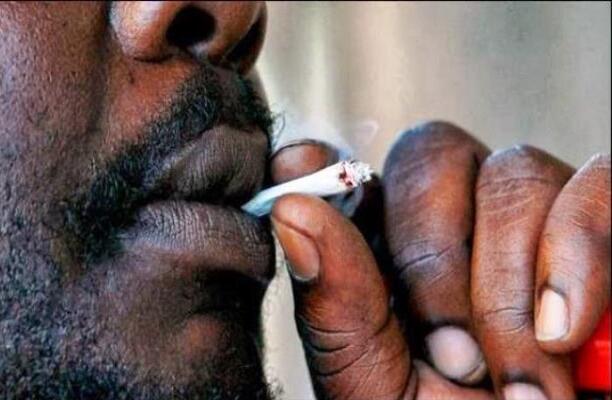By Bababunmi Agbebi
A growing drug abuse crisis among Nigerian youth is threatening to derail the nation’s development prospects, despite its demographic advantage. With over 60% of its population under 30, experts say Nigeria stands at a critical crossroads: either harness the energy of its young population or face severe social and economic consequences.
Health professionals and social workers are sounding the alarm over the rising use of illicit substances among young Nigerians, linking the trend to increasing mental health issues, crime, and the breakdown of family and community structures.
“Drug abuse is not just a health issue; it’s a national development issue,” says Dr. Korede Aina, a psychiatrist and public health advocate.
Youth voices echo the urgency. Daniel Awobajo, a 22-year-old student in Lagos, says government intervention must go beyond enforcement. “We need functional rehabilitation centers and support systems for those already affected,” he states.

Others, like Ifeoma, an intern at a television station in Ikeja, emphasize prevention. “When young people have access to quality education, vocational training, and meaningful work, they’re far less likely to fall into drug use,” she explains. “We need to tackle the root causes.”
Dr. Aina agrees, noting that early intervention is vital:
“Prevention is always more cost-effective than cure. Early intervention in schools and communities is key.”
Nigeria’s youthful population with 19.6% between the ages of 15 and 24 and 42.5% under 14 — offers an unprecedented opportunity for national transformation. Young Nigerians are already making strides in sectors like fintech, agriculture, the creative arts, and civic engagement.
However, experts warn that without urgent action to address drug abuse, this potential could be lost.
If effectively tackled, the benefits could be far-reaching: reduced crime, stronger families, more resilient communities, and a thriving, innovation-led economy.
As Nigeria faces this pivotal moment, one fact remains clear — the nation’s future depends on protecting and empowering its youth.








